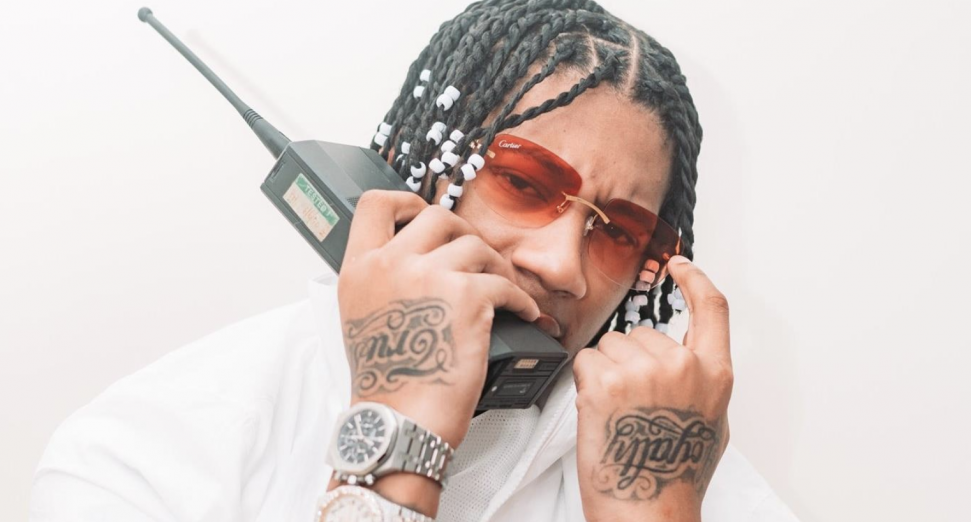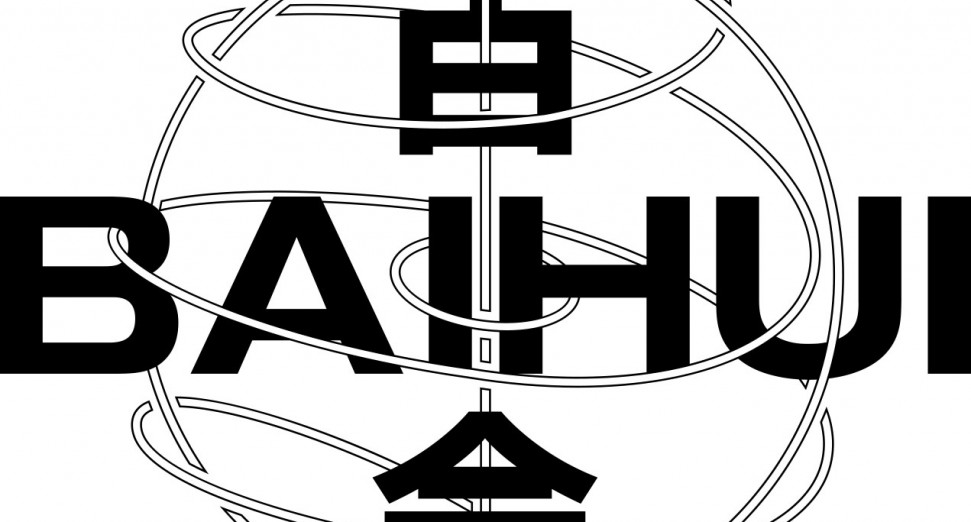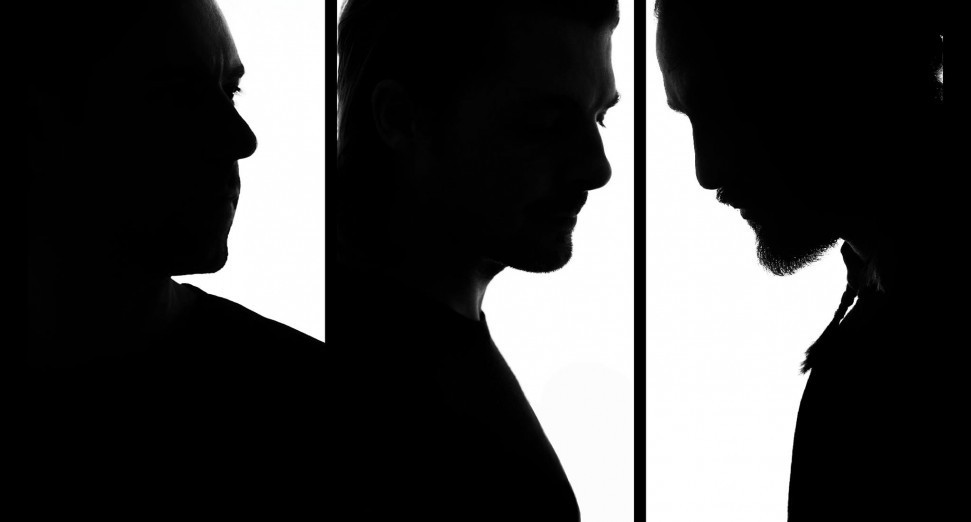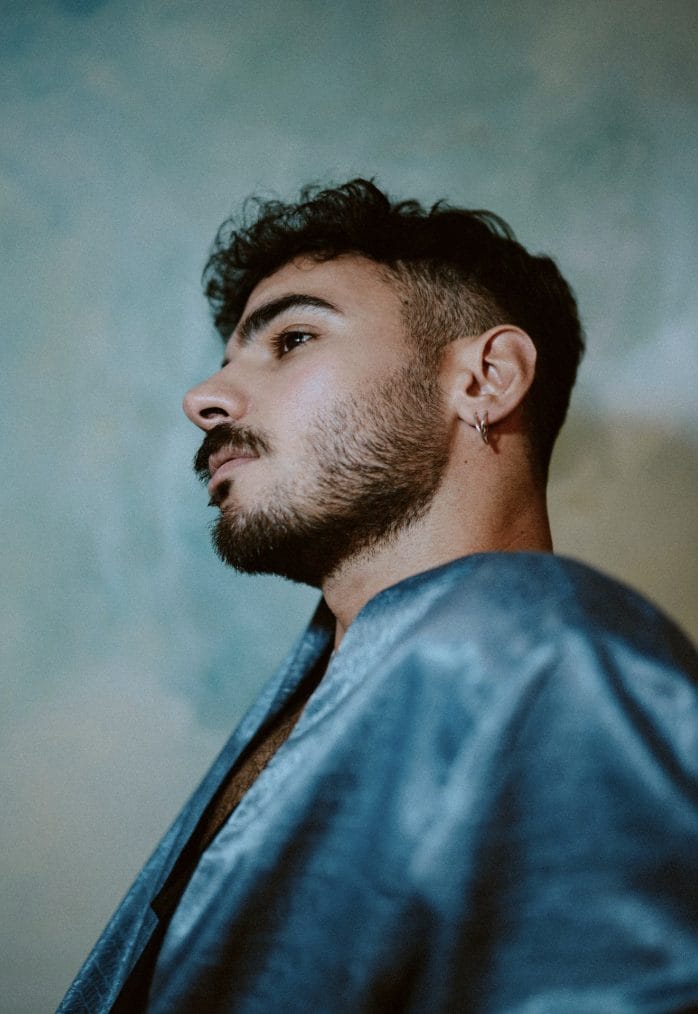
Bákayan’s Guide to Creative Evolution Without Selling Out
With a signature blend of emotional storytelling and detailed electronic textures, Bákayan has steadily become one of the most thoughtful voices in the organic house scene. Now debuting on Get Physical with his latest single “Ten Minutes,” the Berlin-based producer, DJ, and live vocalist offers another step forward—bridging hypnotic grooves, layered instrumentation, and introspective vocals into a track that’s equally suited for headphones or the dancefloor.
In this exclusive interview with Magnetic, Bákayan reflects on the artistic values that have remained constant in his work since the beginning, how he balances evolution with authenticity, and what it takes to keep growing without losing your edge.
What’s something that’s stayed in your work from day one — and why does it still matter?
Something that’s stayed in my work from day one is the deep connection to my roots and personal experiences. Everything I’ve gone through—the countries I’ve visited, the people I’ve met, the moments I’ve lived—continues to shape the music I create.
My tracks aren’t just sounds; they’re stories, memories, and expressions of emotion that reflect where I’ve been and who I’ve become. I see music as a way to process and communicate experiences that can’t always be put into words. That’s why this connection still matters—it gives my work authenticity and emotional depth. Listeners can often feel when something is honest and personal, and that’s the energy I want to bring across. Staying true to that origin keeps me grounded and helps me grow at the same time. It’s a constant reminder of why I started making music in the first place.
How do you keep growing without throwing out the parts of your sound that still feel right?
I keep growing by constantly experimenting and evolving, but I never lose sight of why I started making music in the first place—for myself. At the core of my process is a need for expression, not validation, so I don’t create with the intention of fitting into patterns or following trends. Growth for me doesn’t mean changing who I am; it means refining my voice and discovering new ways to express it.
I try to stay real and honest in what I do, allowing my sound to shift naturally while holding onto the elements that still resonate deeply with me. If something feels right, it stays—regardless of whether it’s considered current or commercially viable. That way, my music remains authentic, and growth becomes a process of layering, not replacing. It’s more about expanding my world than escaping it.
What helps you tell the difference between growth and drift?
What helps me tell the difference between growth and drift is a constant process of self-reflection and mindfulness. I take time to pause, meditate, and look back at my past projects with a critical but compassionate eye. I often ask myself, “Is this really me, or am I trying to fit into something that doesn’t belong to me?”
That question keeps me grounded and honest about my creative direction. It also helps to get feedback from people I truly trust—mentors, family, and especially my management team, Kati and Yulia. They understand my artistic vision and can sense when I’m aligned with it or when I might be straying. Growth feels like expansion with purpose, while drift feels like compromise without intention. The people around me and my own inner compass help me stay on the right path.
Have you ever looked back at an old project and found something worth building on now?
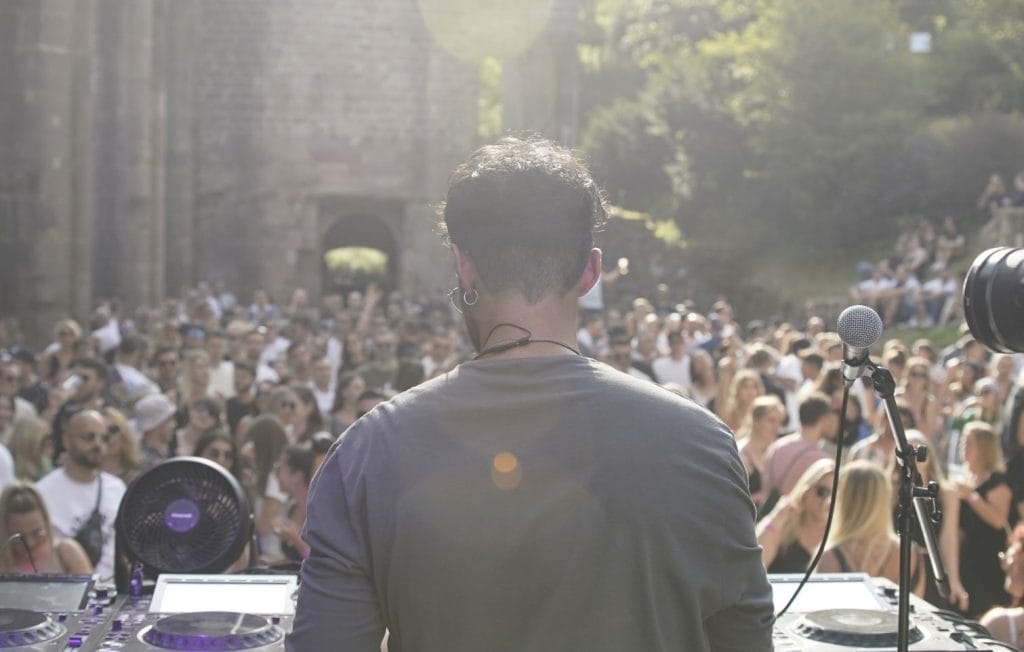
Yes, absolutely—and it still surprises me how often that happens. I rarely throw old projects away; I keep everything, even the roughest sketches or half-finished ideas. From time to time, I revisit them and listen with fresh ears to see if something resonates with where I’m at in the present. Sometimes a melody, a sound texture, or even just a feeling hidden in an old project suddenly feels relevant again.
It’s like hearing my past self leave a message for who I’ve become today. Building on those ideas allows me to bridge different phases of my journey and bring new life into something that was once just a draft. It’s a reminder that nothing we create is ever wasted—it might just be waiting for the right moment to evolve.
How do you reconnect with your original influences without getting stuck in the past?
My original influences are always present—they live in me, not just in a specific time period. I draw inspiration from music of the ’80s and ’90s, across genres like disco, blues, and jazz, but also from traditional Turkish music, which is a deep and emotional part of my heritage. These sounds shaped my foundation, and I still carry them with me in everything I create. But I don’t treat them as something fixed in the past.
When I’m making new music, these influences naturally connect with who I am today—my present mindset, emotions, and experiences. It’s more of a living dialogue than a nostalgic one. I embrace them with curiosity and intention, which helps me stay rooted without getting stuck. This way, I can honor where I come from while continuing to move forward and evolve my sound.
What have you outgrown creatively — and how did you know it was time to move on?
Creatively, I’ve outgrown the tendency to get lost in tiny details and perfectionism.
Early on, I learned music production from Oliver D., a super talented and very meticulous producer who focused heavily on every small aspect of the sound. For his style, that attention to detail was essential, and I learned a lot from that approach. But over time, I realized that if I wanted to keep evolving and avoid getting stuck, I needed to work faster and be less attached to perfecting every element.
This shift helped me move beyond endless tweaking and allowed me to test new projects on the road or in live settings much sooner. It was a clear sign that I had to let go of some of that perfectionism in order to keep growing creatively and finish projects more efficiently. This change gave me more freedom and momentum, which has been crucial for my artistic development.
What advice would you give to someone who wants to evolve but doesn’t want to lose their edge?
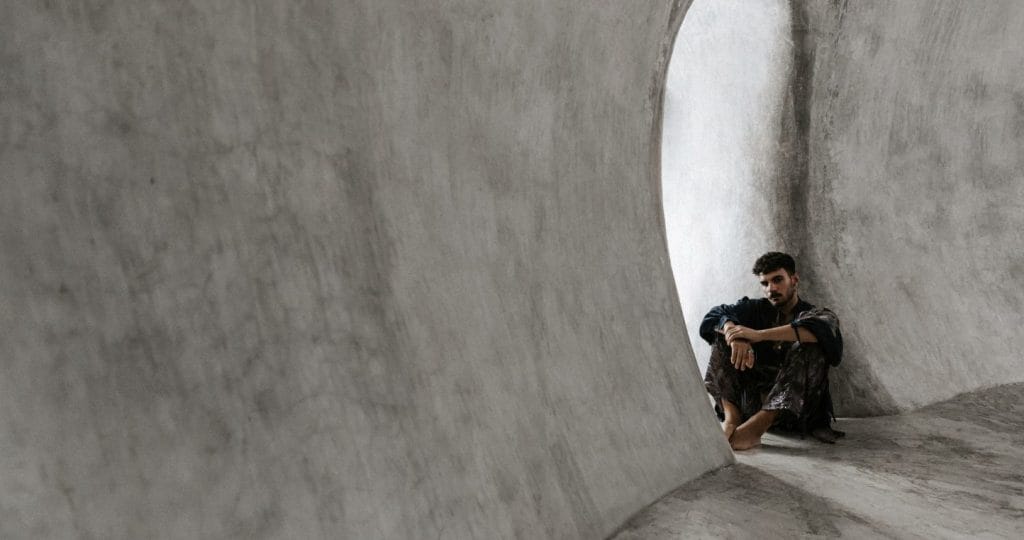
My advice to someone who wants to evolve but doesn’t want to lose their edge is simple: never forget why you started making art or music in the first place.
It’s fundamentally for yourself—an expression of your true self. When you create primarily for the audience or to chase trends, you risk losing what makes you unique and authentic. That’s the soul of your work, and once it’s gone, it’s hard to get back. I understand the pressure to grow quickly and reach more people, especially in today’s fast-paced world, but true artists don’t rush that process.
They focus on their own journey and trust that authenticity will resonate in the long run. Staying true to yourself and your original vision keeps your edge sharp and your work meaningful. In the end, authenticity is what lasts—not quick success or popularity.

